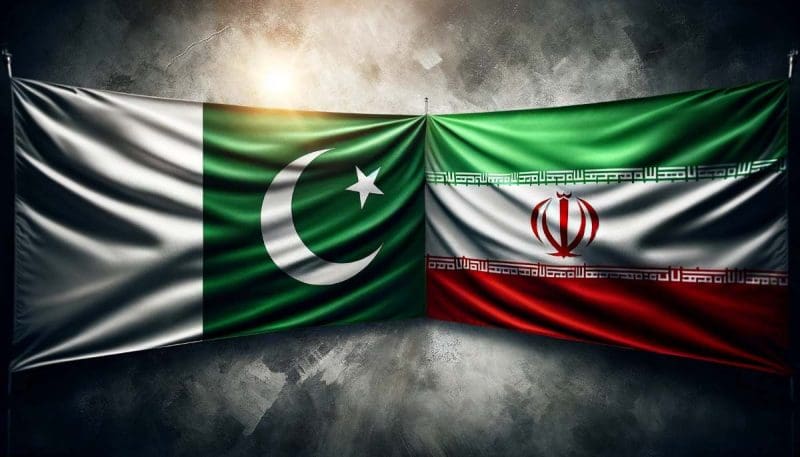
In a dramatic escalation of regional tensions, Pakistan’s air force conducted targeted retaliatory airstrikes against Iran, a move that has raised fears of a new conflict in an already volatile region.
This action comes in the wake of a previous Iranian attack on Pakistani soil, marking a rare instance of direct military engagement between the two nations.
Background of the Conflict
The immediate catalyst for Pakistan’s military action was Iran’s airstrike on Pakistani territory, which occurred two days prior and resulted in the tragic death of two children in the southwestern province of Baluchistan. Iran’s strike was reportedly aimed at the Jaish al-Adl Sunni separatist group, an organization that seeks an independent Baluchistan and operates across the Afghanistan, Iran, and Pakistan border regions. The Iranian attack drew strong condemnation from Pakistan, which denounced it as a blatant violation of its airspace and sovereignty.
The Retaliatory Strikes: “Marg Bar Sarmachar”
Dubbed “Marg Bar Sarmachar” by Pakistan, the operation targeted militant positions within Iran’s Sistan and Baluchestan province. The phrase “Marg Bar Sarmachar,” which combines Farsi and the local Baluch language, translates to “death to guerrillas,” reflecting Pakistan’s determination to address the militant threat. The strikes resulted in the unfortunate death of at least seven people, including three women and four children near the town of Saravan, according to Iranian officials.
Pakistan’s Position
In response to the situation, Pakistan’s Foreign Ministry stated that the airstrikes were a series of highly coordinated and specifically targeted precision strikes based on credible intelligence of impending large-scale terrorist activities. The ministry emphasized Pakistan’s commitment to its national security and its resolve to defend against all threats. Pakistan stressed that its action was not meant to violate Iran’s sovereignty but to safeguard its own security and national interest.
Geopolitical Implications
This incident has significant geopolitical implications, given the complex relationships in the region. Pakistan’s military, which relies on American, Chinese, and French fighter jets, has been under pressure to demonstrate its strength. The conflict has drawn attention to the role of major powers like China, which has urged restraint and offered mediation. This development also has ramifications for Beijing’s Belt and Road initiative in the region, particularly in Pakistan’s Baluchistan province.
The Broader Context
The strikes have further complicated an already unstable Middle East landscape, where tensions between Israel and Hamas in the Gaza Strip and Iranian airstrikes in Iraq and Syria over an Islamic State-claimed suicide bombing are ongoing. Iran and Pakistan have a history of mutual suspicion over militant attacks, and this incident exacerbates those tensions. Additionally, it raises questions about the preparedness and effectiveness of their military and air defense systems.
Looking Forward
As the situation evolves, the international community is closely monitoring the potential for escalation. Both nations have accused each other of harboring militants on their respective soils, but direct military engagement is rare. The incident has strained diplomatic relations, with Pakistan recalling its ambassador from Tehran following Iran’s initial strike. The risk of further escalation remains a concern, especially considering Iran’s planned military drills and Pakistan’s posture towards safeguarding its national security.
The recent airstrikes by Pakistan in Iran mark a dangerous escalation in a region fraught with political and military complexities. The incident underscores the fragile nature of regional stability and the need for careful diplomacy and restraint to prevent further conflict. The international community must remain vigilant and engaged to support a de-escalation of tensions and a peaceful resolution to this alarming situation.
